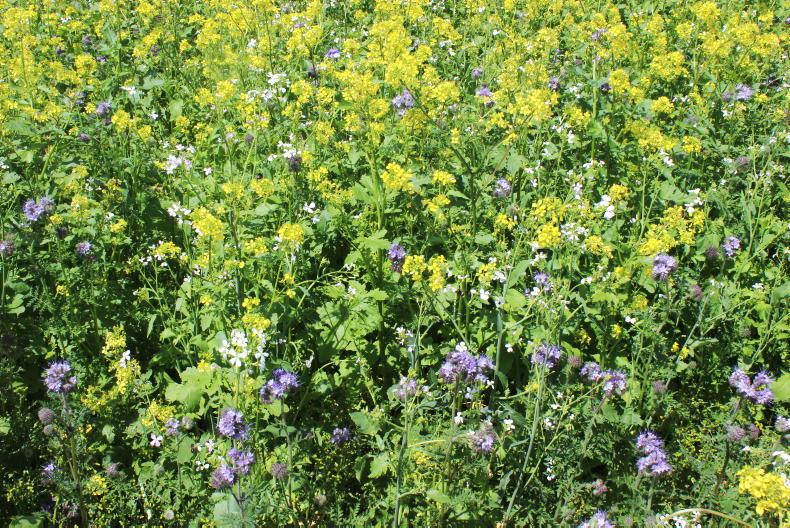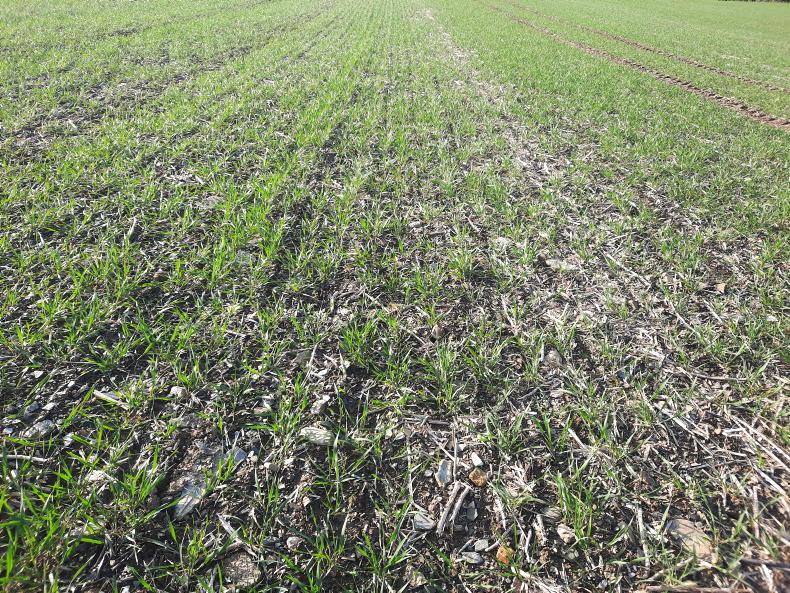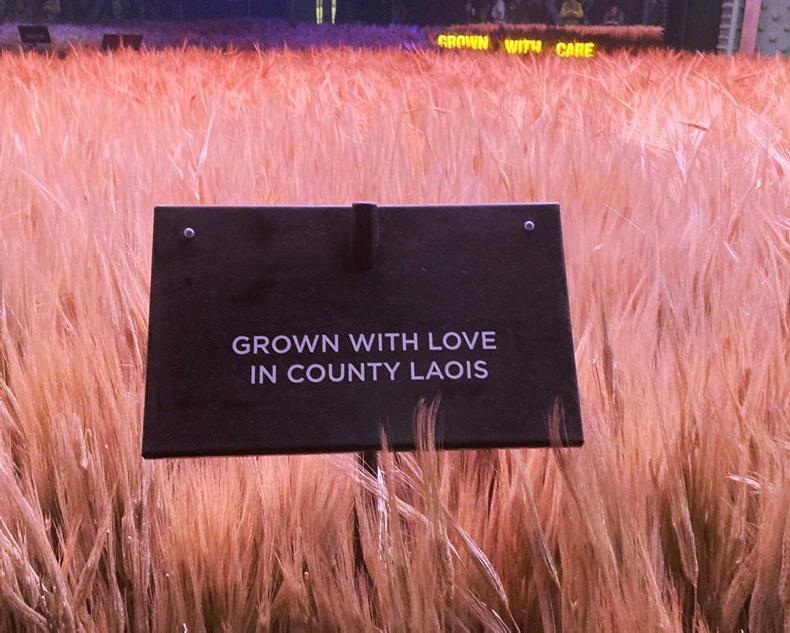The Irish tillage sector needs to credibly demonstrate its sustainability performance, according to consultant Pádraig Brennan.
He was speaking at the Irish Seed Trade Association (ISTA) seminars this week, the first of which took place on Tuesday morning in Clonmel.
Brennan listed the need for data tracking, demonstrating efforts to protect and enhance biodiversity and having a more formalised approach to co-ordinate nutrient cycling among areas to focus on.
Limited infrastructure
He said while there is limited infrastructure to add value to Irish grain drink exports are now 60% higher than they were in 2015.
However, just 20% of Irish barley is used for the sector, so there is room for increase, he explained, and there are opportunities to use other Irish grains.
He outlined the plant-based food trend as an opportunity and added that into the future, consumers will pay more attention to the environmental footprint of their food.
The consultant added that there is potential to expand oats use as a food ingredient, as there is growing export demand to the US and Asia. He added that oats have the potential to reduce methane production in cows.
High costs, volatile grain prices and competition for land as a result of nitrates rules are all adding to challenges
Ireland is just 33% self-sufficient in animal feed ingredients and he noted that feed imports, averaging 4.5 million tonnes per year from 2017 to 2021, are typically imported from large-scale, lower-cost producers.
Brennan added that high costs, volatile grain prices and competition for land as a result of nitrates rules are all adding to challenges in the tillage sector in 2023.
Seminars
The ISTA seminars titled 'Securing future standard and supply for arable farming' continue on 11 January in Mount Wolseley Hotel, Tullow, Co Carlow, and on 12 January in the Knightsbrook Resort, Trim, Co Meath.
Both events run from 10.30am to 2.30pm and registration is available on the ISTA website.








SHARING OPTIONS